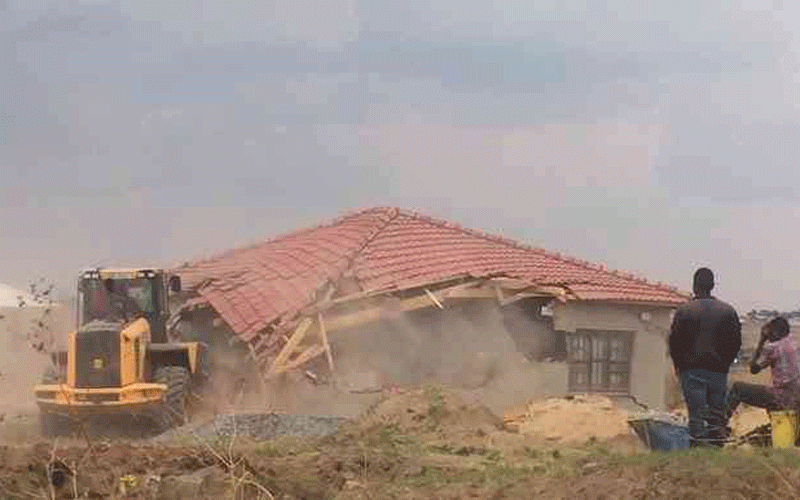
Sometime in early 2013 in the Beitbridge suburb of Baobab Jacob Moyana was invited for lunch by his friend-cum-manager Joshua Musimbe.
BY SILENCE CHARUMBIRA
As he and his band members waited for the meal, relaxing on an orchard lawn, Musimbe called out and Moyana responded; “Munotidako here Bra Josh?” inviting rapturous laughter.
That is the story behind what turned to be the Christmas song for the Lowveld folks and the composer, who has been ridiculed for singing vulgar, feels he is a victim of double meanings of the Shona word.
“Munotidako is proper Shona that has been misintepreted by mischievous people to taint our language. Go to Masvingo, especially in the rural areas and see if anyone will laugh at you when you say that word.”
The Karanga word in English means; “you want us that side?”
A father of three married to Shylett Ndou, Moyana says he is not moved by what people think about his musical compositions.
To him what is important is that he is pleased with his work.
- Chamisa under fire over US$120K donation
- Mavhunga puts DeMbare into Chibuku quarterfinals
- Pension funds bet on Cabora Bassa oilfields
- Councils defy govt fire tender directive
Keep Reading
“If you see me with my band you will notice we are a happy lot and whatever we sing has to please us first. I stayed in Harare before and recorded music that I sent to radio, but it was rarely played so my compositions are not meant for radio,” he said.
“Some say they have heard Munotidako being played on radio, but that is just a bonus because I have decided to take the music directly to the people.” But how did it all start?
Moyana was born at Days Hill in Chipinge on October 11 in 1980 and strummed the first wire of a guitar in 1991 at 11.
He was to wait until 2002 for the Chibuku Road to Fame when he won the competition with Tinashe Express.
The band was to be renamed Ghetto Express because producers at Shed Studios thought Tinashe was too “Churchish”.
With Ghetto Express he recorded Chiwepu Chembodza under the leadership of Stewart Chabvakaira who composed all the songs on the album.
He then separated from Chabvakaira to release his first self-composed album Mari yako chete in 2004 before moving from his Majubheki base to Beitbridge at the height of the Zimbabwe economic crisis.
“When I came here I had accompanied Joseph Garakara for whom I had played the rhythm guitar for his two albums Idya Banana and Simbabwe, but when he was returning to Harare I remained behind in search of better opportunities,” said Moyana.
“I felt I had suffered too much from the insincerity of record labels in Harare who made me sign a long contract and delay recording only for the contract to lapse.”
He tried to revive his career in the southern border town with the assistance of different promoters who would lend him instruments until he released his album Tarisiro/Toita zviripo.
He said when he left Harare he had accumulated eight albums that he had failed to record, Tichauyako kana muchitidako (Munotidako) included.
“Ndinawo ese mubhachi mangu [I have all the albums on me]. If I am to die today all the sungura musicians will be competing with a dead man for the next seven years,” said Moyana.
“People say the rhythms on the song Tichauyako are exceptional, but to tell you the truth the ones to follow are actually better. I composed and played most of the lead, rhythm and bass guitars on the songs while a few were played by Mucharwei Mazungunye. ”
Tichauyako kana muchitidako carries six tracks Tichauyako, Ndineiko, Rudo, Kutendera, Tanga zvako and Kwamagogo.
He said around June he will be releasing his next album Pamha takatarisa.
The statement in English means “repeat, we are watching,” but if the mischievous were to join the two words they would be the most absurd meaning. His parting shot was: “KuHarare tichauyako kana muchitidako [we will come to Harare if you need us there].”











